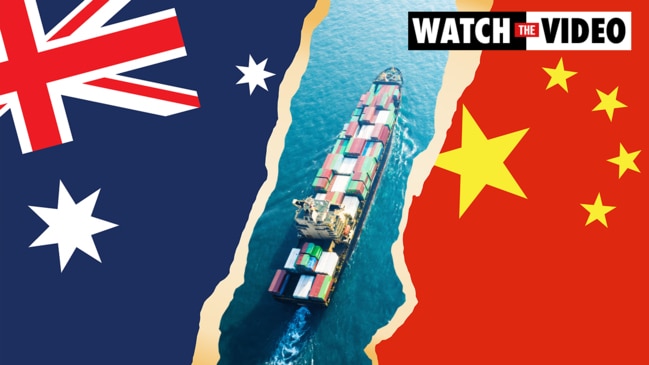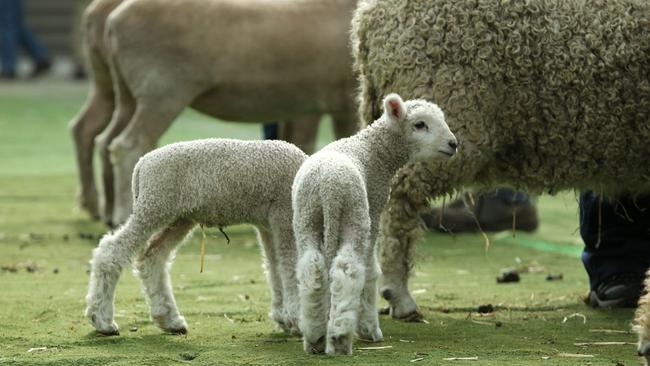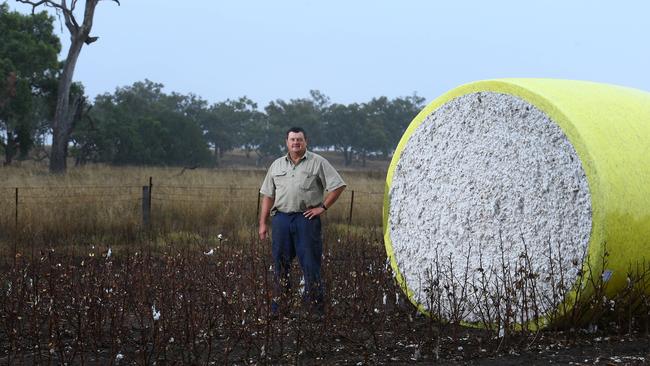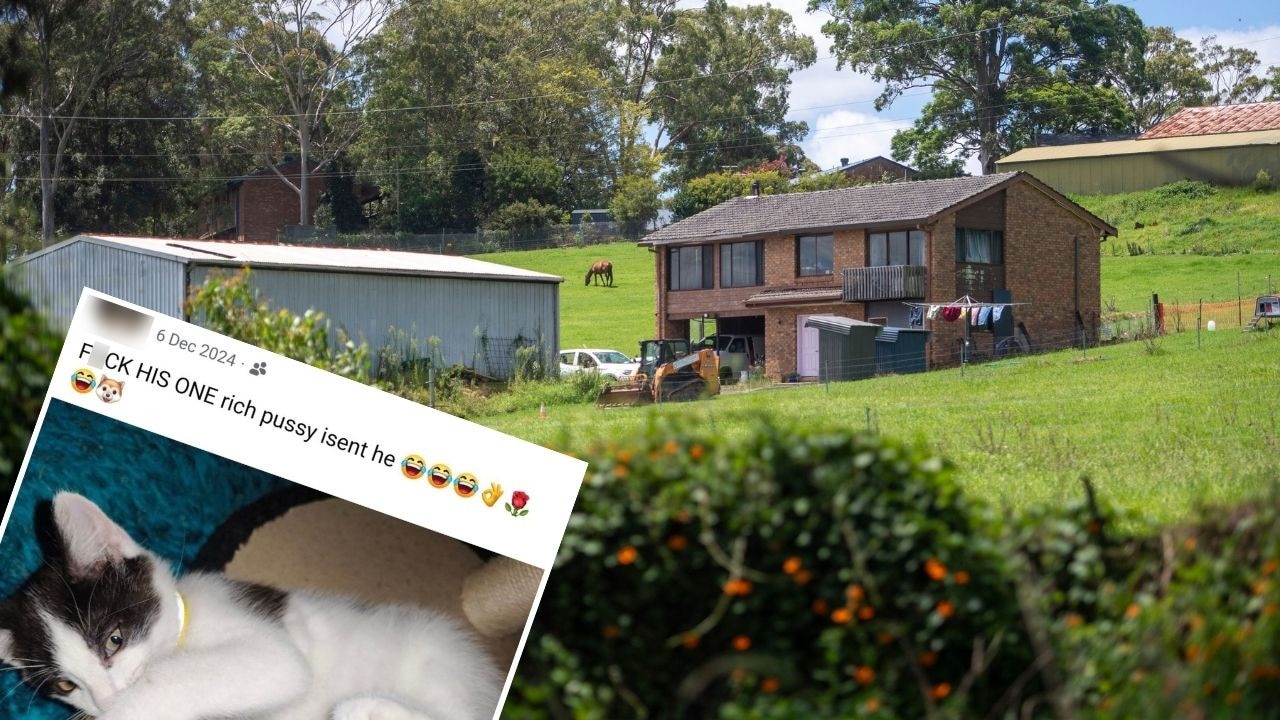Australian wool and cotton exposed in China trade war
Australian wool and cotton exporters are appealing targets for China in the escalating trade war.

NSW
Don't miss out on the headlines from NSW. Followed categories will be added to My News.
Aussie wool and cotton exporters are more exposed to retaliation by China due to the concentration in the market making them appealing targets in the escalating trade war.
A new review of Australian agricultural commodities found Australian fibres are “more concentrated” in China than other exports, including those already targeted with punitive tariffs like barley and wine.

Wool has the largest share of exports going to China, and among the lowest number of alternative markets for the product, followed closely by cotton.
Comparatively barley, wheat, beef and wine are already exported to a range of other countries, giving them more opportunity to manage the risk while tensions between Beijing and Canberra remain high.
But in a further blow to winemakers, China on Thursday announced it would place about a six per cent anti-subsidy tariff on Australian imports, just three months after launching an investigation into the matter.
The tariff is on top of anti-dumping taxes ranging from 107.1 per cent to 212.1 per cent slapped on Australian wine last month.
In a brief statement the Chinese Ministry of Commerce announced preliminary findings for its investigation into alleged subsidies handed to Australian wine producers, and instigated further “temporary, anti-subsidy” tariffs on Australian imported wine of between 6.3 per cent and 6.4 per cent.

The introduction of anti-dumping tariffs imposed by Beijing on Australia’s $45 billion wine export market is expected to significantly reduce the amount sent to China, according to the ABARES Agricultural Commodities December report.
“Australia may be able to divert a limited amount of wine to existing markets such as the United Kingdom and the United States, but a lack of access to the Chinese market will likely reduce production value and sales in 2020–21,” the report said.
Earlier this week it was revealed two Victorian lamb and sheepmeat exporters — the Australian Lamb Company and JBS Brooklyn — had their Chinese export licences suspended for more than four months after reporting COVID-19 outbreaks, despite the state now passing more than a month without any cases.
In the last few months the Chinese government has taken aim at a range of exporters including beef, seafood, timber, barley and coal.
The industries have been hit with a mix of tariffs, verbal warnings not to import, labelling or regulatory complaints.




